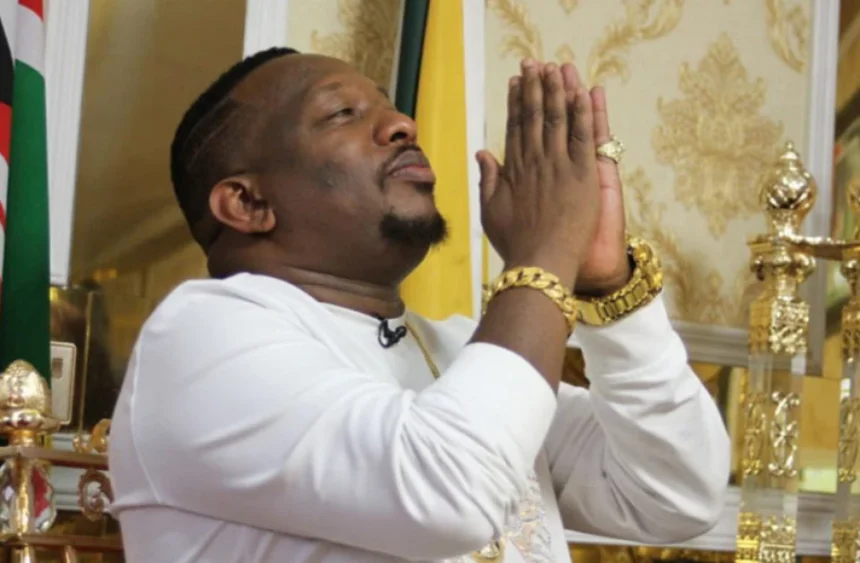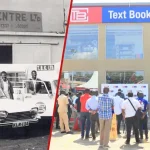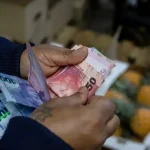A Tale of Two Kenyas: When Sonko’s Millions Speak Louder Than a Petty Thief’s Plea
While former Governor Mike Sonko celebrates the return of his Ksh. 574 million, somewhere in a crowded, dilapidated police station, a young man arrested for stealing a mobile phone awaits his bail hearing. The Ksh. 5,000 required for his freedom might as well be Ksh. 5 million. This is the stark, uncomfortable contrast that defines Kenya’s two-tiered justice system—a system where the law, in practice, often bends towards wealth and power.
The legal principles cited in Sonko’s case—the presumption of innocence, the right to a speedy trial—are noble and correct. They are the bedrock of a fair society. But for the average Mwananchi, these principles feel like theoretical concepts that only apply to the powerful.
The Chasm of Experience
-
For the Powerful: A frozen asset is an inconvenience, a subject for high-powered lawyers to debate in elegant courtrooms. The legal process, while stressful, is navigable with the best legal counsel money can buy. A win like Sonko’s is a triumphant return to status quo.
-
For the Ordinary Kenyan: An encounter with the justice system is often a life-shattering event. The right to a speedy trial is a cruel joke for those who wait years in remand for a hearing. The presumption of innocence is erased by the mere fact of being poor and unable to afford a good lawyer. A Ksh. 50,000 bail might destroy a family’s finances forever.
The Court of Public Opinion: Cynicism and Defeat
When the public sees a figure like Sonko, facing multiple, serious corruption charges, regain access to such colossal wealth, it breeds a deep and corrosive cynicism. The message perceived is clear: “The system works for them, not for us.”
This perception, whether legally fair or not, is a political and social toxin. It erodes public trust in every pillar of the state—the judiciary, the police, and the anti-corruption agencies. It makes the fight against graft seem like a theatrical performance, where only the small fish are caught and fried, while the big sharks are allowed to swim free after a legal tussle.
The question we are left with is not about the legal merits of the court’s decision, which may be sound. The question is about the system itself. When does the rigorous application of legal rights for the elite begin to feel like a profound injustice to the masses? The unfreezing of Sonko’s accounts is a legal verdict, but its social verdict is one of a nation still grappling with the deep wounds of inequality. For the mother who cannot afford bail for her son, the law that returned Sonko’s millions is not the same law that keeps her son in a cell. And that is a reality no court ruling can easily unfreeze.










